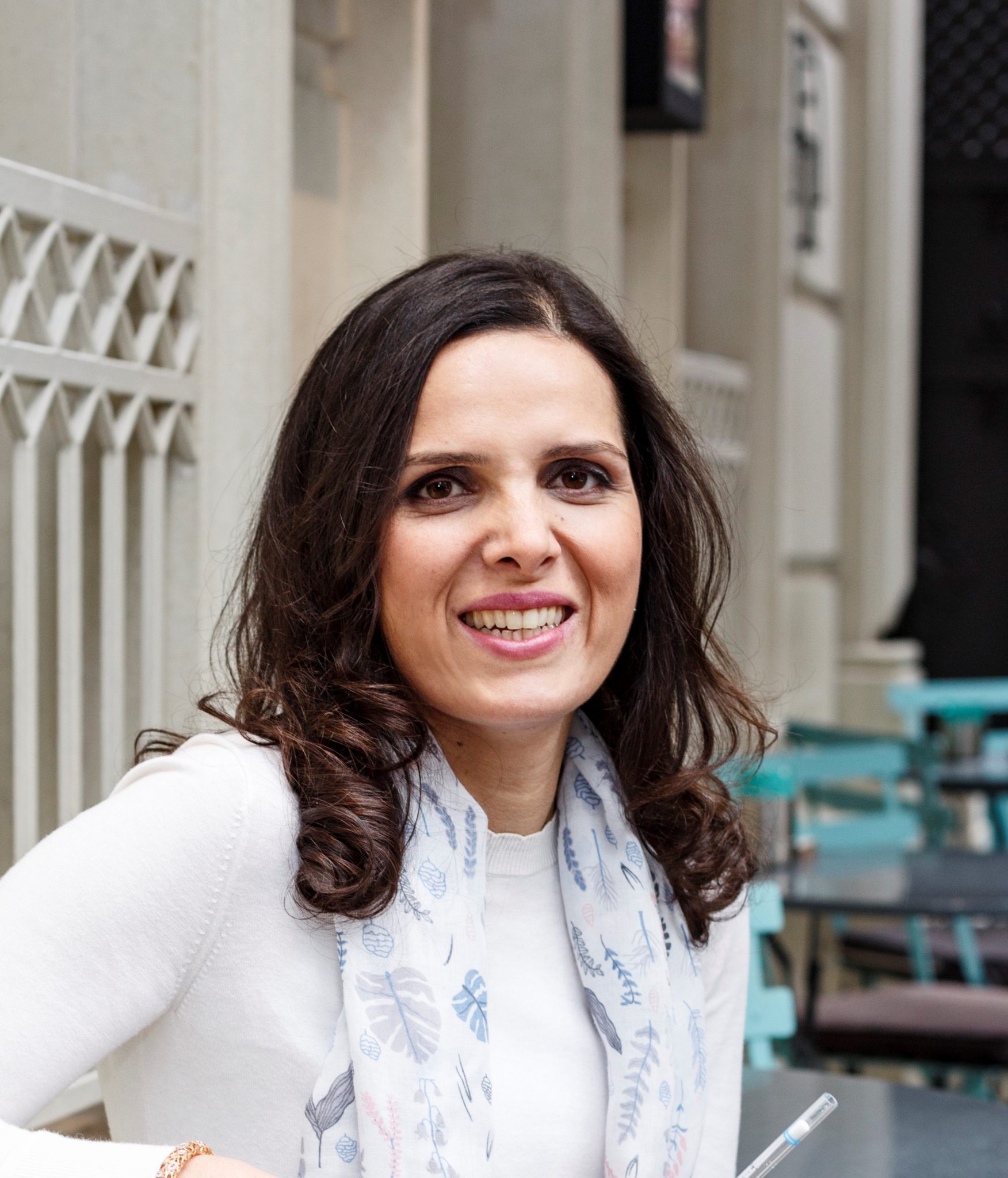Dr. Elif Nur Firat-Karalar studied molecular biology and genetics at Bilkent University, Turkey. She then moved to US for her PhD work at the University of California, Berkeley and her postdoctoral studies at Stanford University. In the “Cytoskeleton Research Laboratory”, Dr. Firat-Karalar and her team studies the biogenesis and function of centrosomes and cilia and aims to develop new diagnostic and therapeutic approaches for rare developmental disorders and cancer. Research in the Dr. Firat-Karalar’s laboratory is supported by an ERC Starting Grant, EMBO installation grant, Royal Society Newton Advanced Fellowship, EMBO Young Investigator Award and Installation Grant and TUBITAK. For more information please visit ((https://mysite.ku.edu.tr/ekaralar/))
Selected Publications:
- Aydin, O.Z., Taflan, S.O. , Gurkaslar, C., Firat-Karalar, E.N(2020) Acute inhibition of centriolar satellite function and positioning reveals their functions at the primary cilium. PLOS Biology. Jun 18;18(6):e3000679.
- Gurkaslar, H.K., Culfa, E., Arslanhan, M.D., Lince-Faria, M., Firat-Karalar, E.N(2020) CCDC57 Cooperates with Microtubules and Microcephaly Protein Cep63 and Regulates Centriole Duplication and Mitotic Progression. Cell Reports. May 12;31(6):107630.
- Odabasi, E., Gul,S., Kavakli, IH., Firat-Karalar, E.N(2019) Centriolar satellites are required for efficient ciliogenesis and ciliary content regulation. EMBO Reports. Jun;20(6). pii: e47723
- Conkar, D., Culfa, E., Odabasi, E., Rauniyar, N., Yates, JR 3rd, Firat-Karalar, E.N.(2017) The centriolar satellite protein CCDC66 interacts with CEP290 and functions in cilium formation and trafficking. J Cell Sci. Feb 24. jcs.196832.

